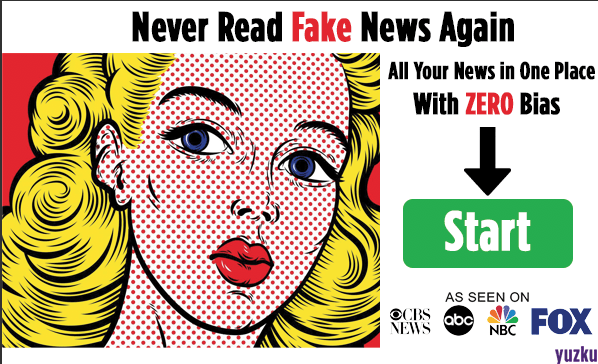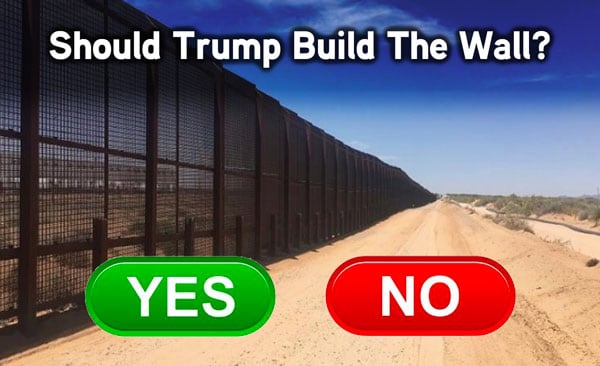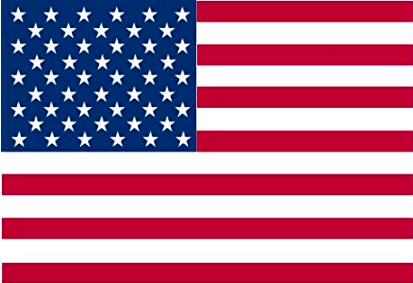Trump Retaliates: Announces Sanctions to Paralyze Iran’s Petroleum Industry
Today, the U.S. government had just announced that it will bring in sanctions for Iran’s petrochemical and petroleum sectors, as well as named the four international petroleum companies which had funded the country’s terrorist activities.
In an announcement by the U.S. Department of the Treasury’s Office of Foreign Assets Control (OFAC), the administration decided to take measures against the four international companies that have transferred hundreds of millions of dollars of exports from the National Iranian Oil Company (NIOC).
NIOC played an instrumental role in Iran’s terrorism activities as it funds the country’s militia known as Iran’s Islamic Revolutionary Guard Corps-Qods Force (IRGC-QF). In a statement, Treasury Secretary Steven Mnuchin said that “Iran’s petroleum and petrochemical industries are major sources of revenue for the Iranian regime and funds its malign activities throughout the Middle East. The entities targeted today facilitate Iran’s petrochemical and petroleum exports in contravention of U.S. economic sanctions.”
Mnuchin added, “Iran’s petrochemical and petroleum sectors are primary sources of funding for the Iranian regime’s global terrorist activities and enable its persistent use of violence against its own people.”
By imposing the sanction, the Treasury Department expects that all corporations and businesses tied to these properties will be blocked from U.S. borders, as well as deny any American citizen to engage in any transactions between these corporations.
As to make matters worse, the Treasury added that any foreign financial institutions which conduct transactions or support the following companies will have to sever their access to U.S. financial systems or block any of their interests within the U.S jurisdiction.
Some of the four companies that have been included in the sanction were Triliance Petrochemical Co, Hong Kong-based Sage Energy HK Ltd.; Shanghai-based Peakview Industry Co.; and Dubai-based Beneathco DMCC.
These corporations will be hit hard by the sanctions, especially with Triliance. Just last year, the corporation had given millions of dollars to NIOC for Iranian petrochemicals, crude oil, and petroleum products. These were then exported to countries such as the United States, the Arab Emirates, and China.
During these shipments, the corporation even tried to hide the origins of their products. They were also accused of dealing with Naftiran Intertrade Company, a subsidiary of the NIOC.
Iran was taken aback by the administration’s massive retaliation. Undermining White House strategies, the country had taken steps to test the U.S. limits, such as harassing tankers, shooting drones, and even attacking Saudi oil facilities.
However, Iran wasn’t prepared for what was to come next, after a lengthy period of silence, Trump decided to kill Iranian General Qasem Soleimani, known as one of the country’s most powerful generals.
It is clear that Iran is starting to feel the pressure of U.S. retaliation. Their people have been affected by the heavy economic sanctions, and even European countries were no longer willing to pour out their support to Iran in fear of any economic implications.
Indeed, Trump’s purposeful strategy to confuse Iran had paid off. “I don’t want people to know exactly what I’m doing–or thinking. I like being unpredictable. It keeps them off balance.” Trump said.
The National Review perfectly summed it up “The U.S. can strike back at Iran and its allies without a major war resulting, so long as Iran is surprised or confused by the U.S. response.”



 RSS
RSS
